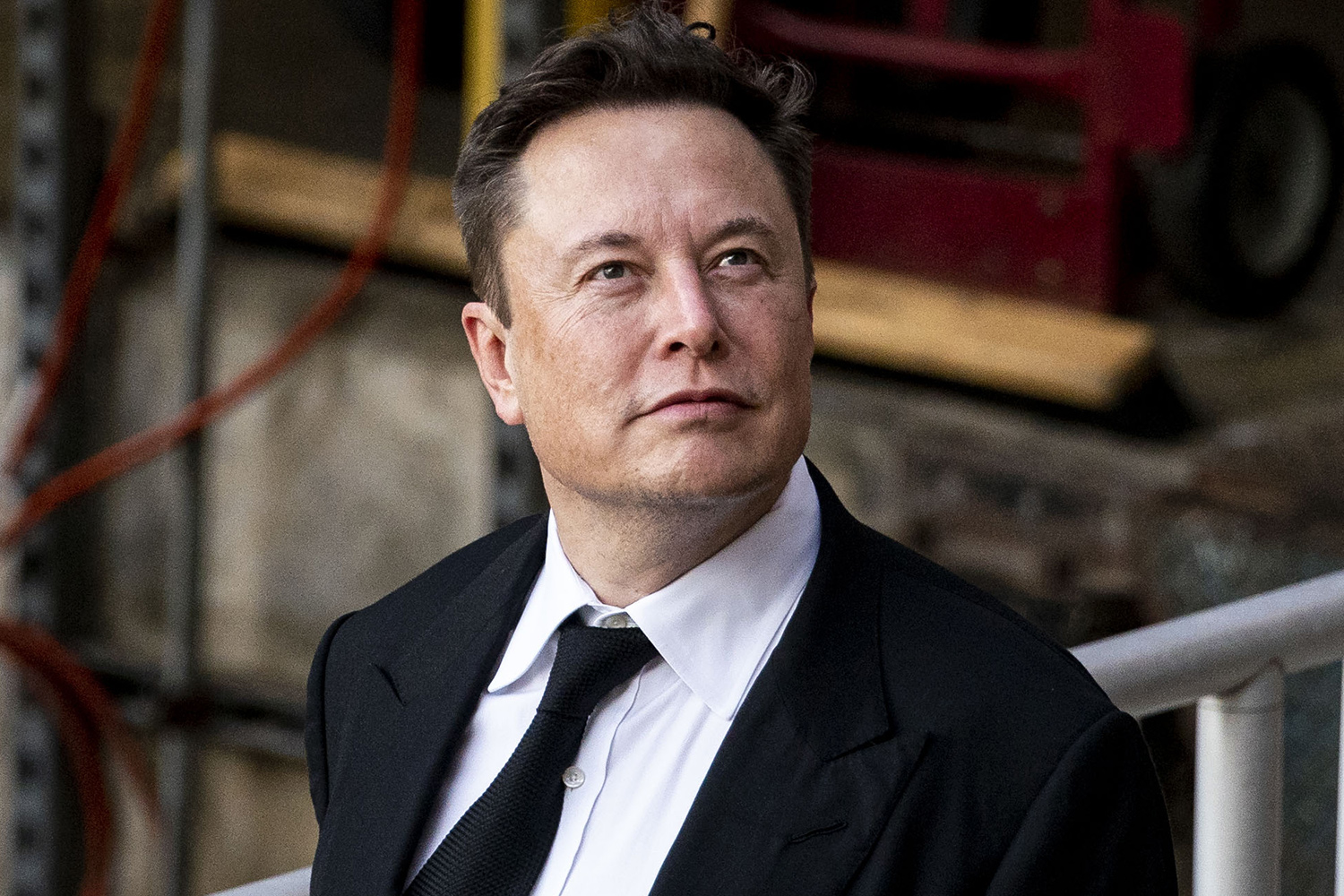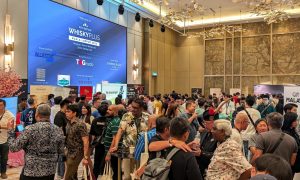Championing ‘freedom of speech,’ the world’s richest man has now purchased the very social media app on which he has (freely) presented some polarising views of his own.
Elon Musk officially secured an agreement to purchase Twitter on Monday, April 25, 2022. News that a deal was in the final stages of discussion broke late Sunday, following weeks of public back-and-forth between the widely used social media company and the world’s richest person.
Spending a whopping US$44bil (RM191.53bil) to secure all rights to the popular app, Musk promises a more lenient approach to monitoring content on the social media platform where he has made quite a reputation for himself promoting his interests, attacking critics, and sharing highly controversial, or some might even say, polarising opinions on a wide range of world issues.
The Tesla CEO said he wanted to own and privatise Twitter because he thinks it’s not living up to its potential as a platform for free speech.
Musk said in a joint statement with Twitter that he wants to make the service “better than ever” with new features while getting rid of automated “spam” accounts and making its algorithms open to the public to increase trust.
“Free speech is the bedrock of a functioning democracy, and Twitter is the digital town square where matters vital to the future of humanity are debated,” Musk said.
“Twitter, Inc. (NYSE: TWTR) today announced that it has entered into a definitive agreement to be acquired by an entity wholly owned by Elon Musk, for US$54.20 per share in cash in a transaction valued at approximately US$44 billion,” read a press release announcing the news. “Upon completion of the transaction, Twitter will become a privately held company.”
Twitter users eyed news of the looming sale with everything from excitement to trepidation. Alex Stamos, Facebook’s former Chief Security Officer, took a moment to call for a feature which would allow people to mass delete their direct messages.
“Hey, Twitter Product Management: This would be a great week to add a ‘Delete all DMs’ button,” he wrote as rumors of a possible sale swirled.
Twitter direct messages are, notoriously, not end-to-end encrypted: meaning, of course, that Twitter employees — or possibly a vindictive owner — have the technical capability to read them.
Musk, for his part, has a demonstrated history of questionable posts on the platform he now controls.
What remains to be seen is first, will shareholders vote to allow this sale, and second, will US regulators approve it? Experts seem to foresee few regulatory hurdles and so it appears the answer on both counts will likely be “yes.”
Finally, some have voiced concern that Musk could conceivably use Twitter access as a “carrot” to sway governments or other entities to favour his other business ventures – or that the exact inverse of that could happen.
As one journalist wrote, “What happens, for instance, when Vietnam asks Twitter to silence government critics or face reduced access in the country? Will Musk acquiesce in exchange for a deal to open the market to Tesla? And will that taint the perception of Tesla back home? (This isn’t a hypothetical: When faced with a highly similar request, Facebook gamely played along.)”
Social media just got a lot more complicated.



















